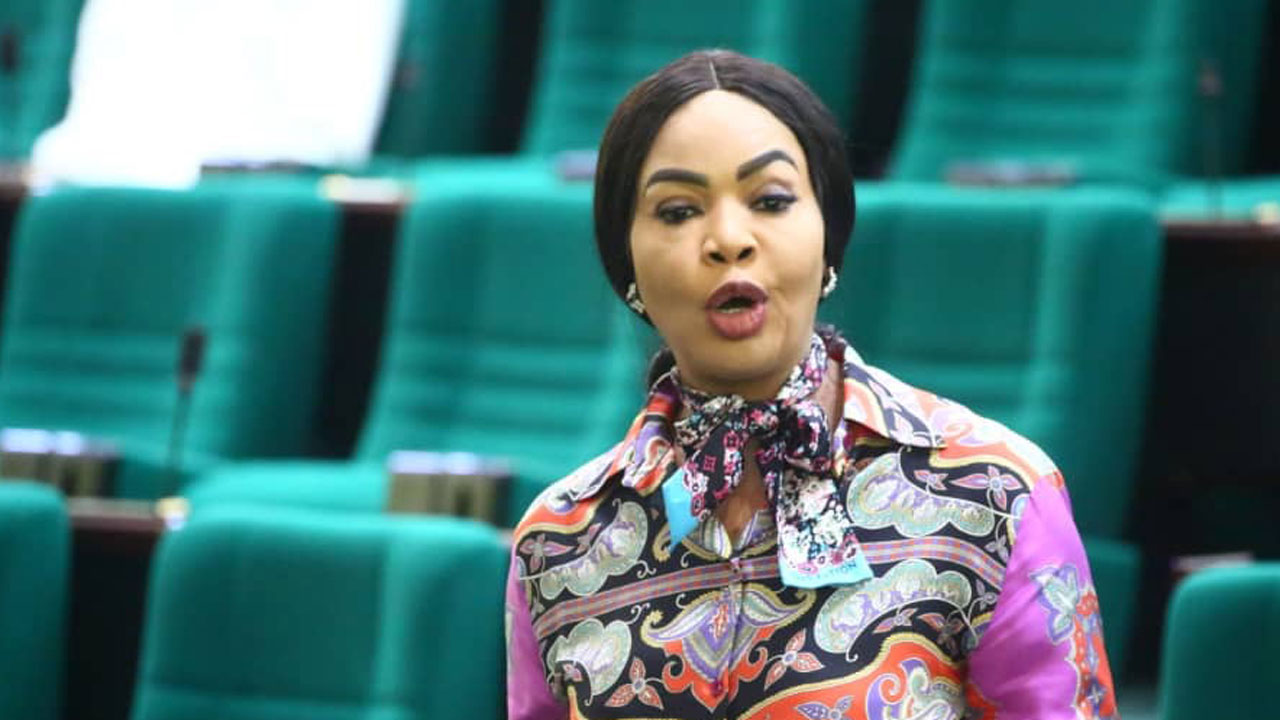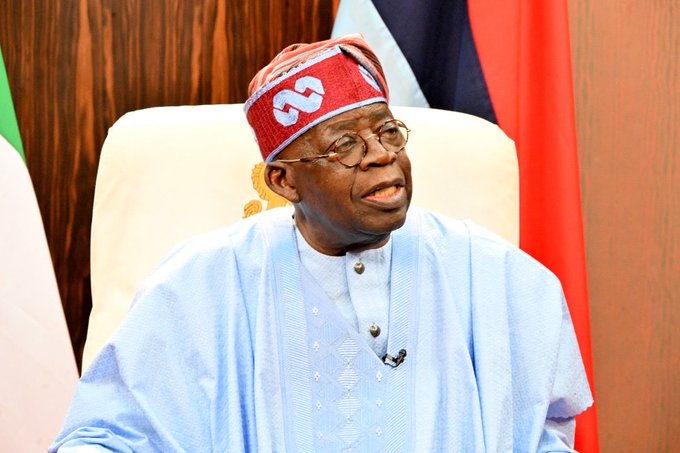
A proposed Bill being considered by the House of Representatives to set an age limit of 60 years for presidential, governorship, and deputy governorship candidates is uncalled for and undemocratic.
The Peering Advocacy and Advancement Centre in Africa (PAACA) while reacting to the development argued that restricting individuals from contesting elections based infringes on their constitutional rights.
PAACA’s Executive Director, Ezenwa Nwagwu, bared his mind on the issue during an interactive session with reporters in Abuja at the weekend.
According to him, democracy should be about inclusivity, not exclusion adding denying anyone the right to contest based on age alone shrinks the democratic space.
He contended that the progressive and radical consideration that should have been done ought to be removing age limits for voting and being voted for.
The bill, which seeks to bar individuals above 60 years from running for presidential and governorship offices, passed its second reading in the House of Representatives last Thursday.
Stating that there is no scientific evidence to suggest that individuals below 60 years perform better in office than those above that age, he argued that leadership should be about competence, vision, and the ability to deliver, not about an arbitrary age limit.
A section of the bill also stipulates that “a person shall be qualified for election to the office of the President if he has been educated up to at least university level and has earned a Bachelor’s degree in his chosen field of study.”
Nwagwu, however, argued that educational qualifications do not necessarily guarantee good governance or better performance in office.
He pointed out that the drafters of the 1999 Constitution deliberately set the educational requirement at the ability to read and write to promote inclusivity.
“There are countless examples of individuals with high academic qualifications who have failed in leadership, just as there are those with minimal formal education who have excelled. The focus should be on capacity, integrity, and competence,” he emphasized.
Beyond the age limit and educational requirements, Nwagwu also raised concerns about another proposed bill seeking to conduct all elections in Nigeria on a single day.
While acknowledging the need for electoral reforms, he cautioned against rushing into changes without adequate preparation.
“Trying new approaches in our democratic experience is good, but we must be careful not to erode some of the gains already made. The crisis of elections in Nigeria can not be said to be necessarily because they are staggered; rather, it is due to the manifest attitudes of stakeholders, including politicians, electorates, security agencies, and electoral officials,” he said.
Nwagwu highlighted the infrastructural challenges that make conducting elections in one day difficult, if not impossible, particularly in backwater communities and suburbans.
“Sometimes, people make these proposals from an urban lens. The reality is evidently different in many parts of Nigeria. There are communities where people travel for hours by boat. Motorcycles and donkeys just to cast their votes. We do not yet have the logistical and infrastructural capacity to conduct elections in one day without disenfranchising voters,” he warned.






